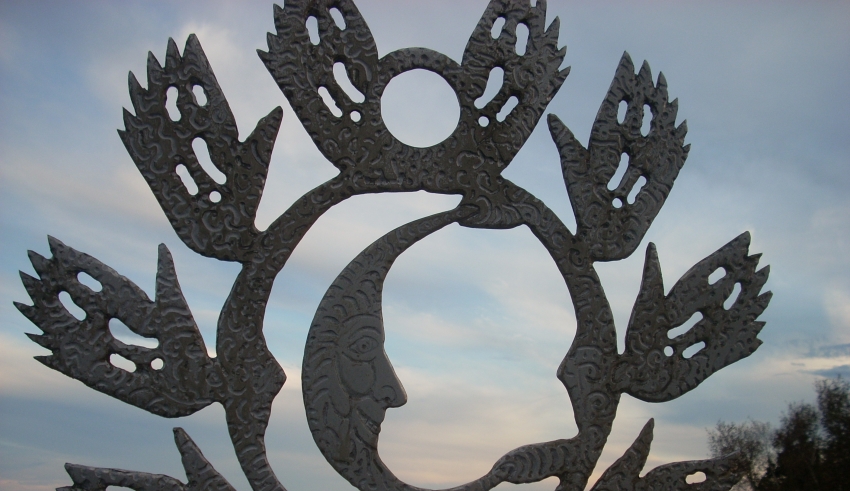
People need to feel seen, heard, and valued to have the desire to grow. In this space, their creative brains are activated. They feel safe enough to explore their own thinking and actions. Surfacing their judgments and fears may feel uncomfortable, but when clients see how to move beyond these blocks, they feel empowered.
Although many gurus have been cited as saying people are naturally creative, resourceful, and whole, this concept was first seen in the work of psychologist Alfred Adler. Adler asked us to believe in the power people feel when realizing their potential. He said, “Man knows much more than he understands.”
In breaking away from the ideas of his teacher Sigmund Freud, Adler said we do not have to plumb the depths of one’s psychological history to help normal people progress. If, as Adler said, “we determine ourselves by the meanings we give to situations,” then changing or expanding the meaning opens new possibilities to define ourselves and our actions.1
Adler’s perspective spawned many modern therapies. The regard Adler held for the masses is a foundational concept for coaching. For people who are not seeking therapy but know they will benefit from exploring how they think when unsure of decisions or actions, coaching fills the gap.
Where Does the Term Come From?
We owe gratitude to Adler for defining the coaching relationship. Yet even though coaching may be similar to cognitive behavioral therapies and question-based relationship consulting, the actual practice of coaching maps more directly to John Dewey’s learning theory than to a therapeutic or commercial approach.
In 1910, Dewey defined the practice of reflective inquiry in his classic book, How We Think.2 As an educational reformer, Dewey wanted to change the practice of dumping information into students’ brains and then testing their memorization skills. He wasn’t just advocating for teachers to ask more questions. He defined methods of inquiry that would prompt students to doubt what they thought they knew so they were open to expansive learning.
Download Article















